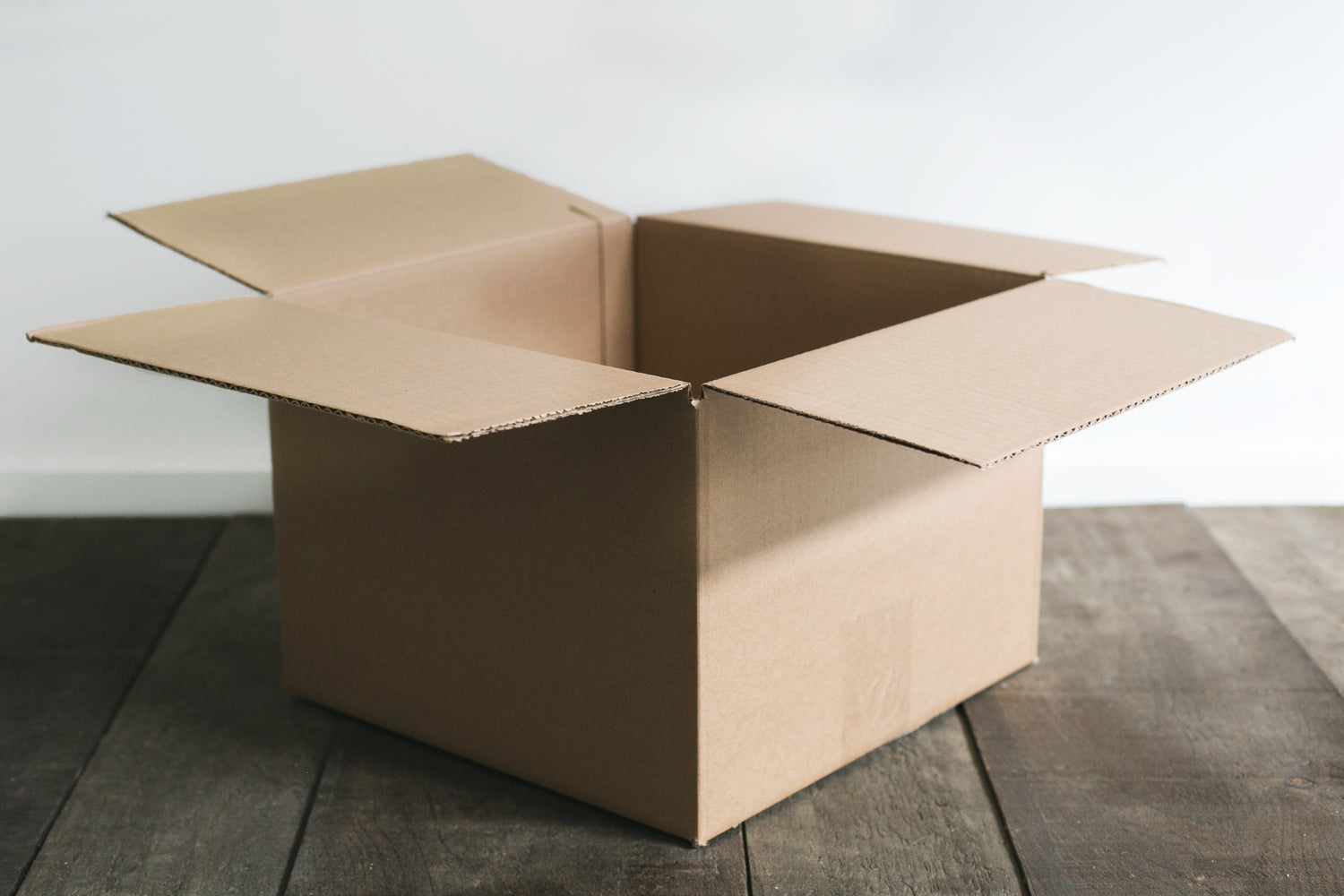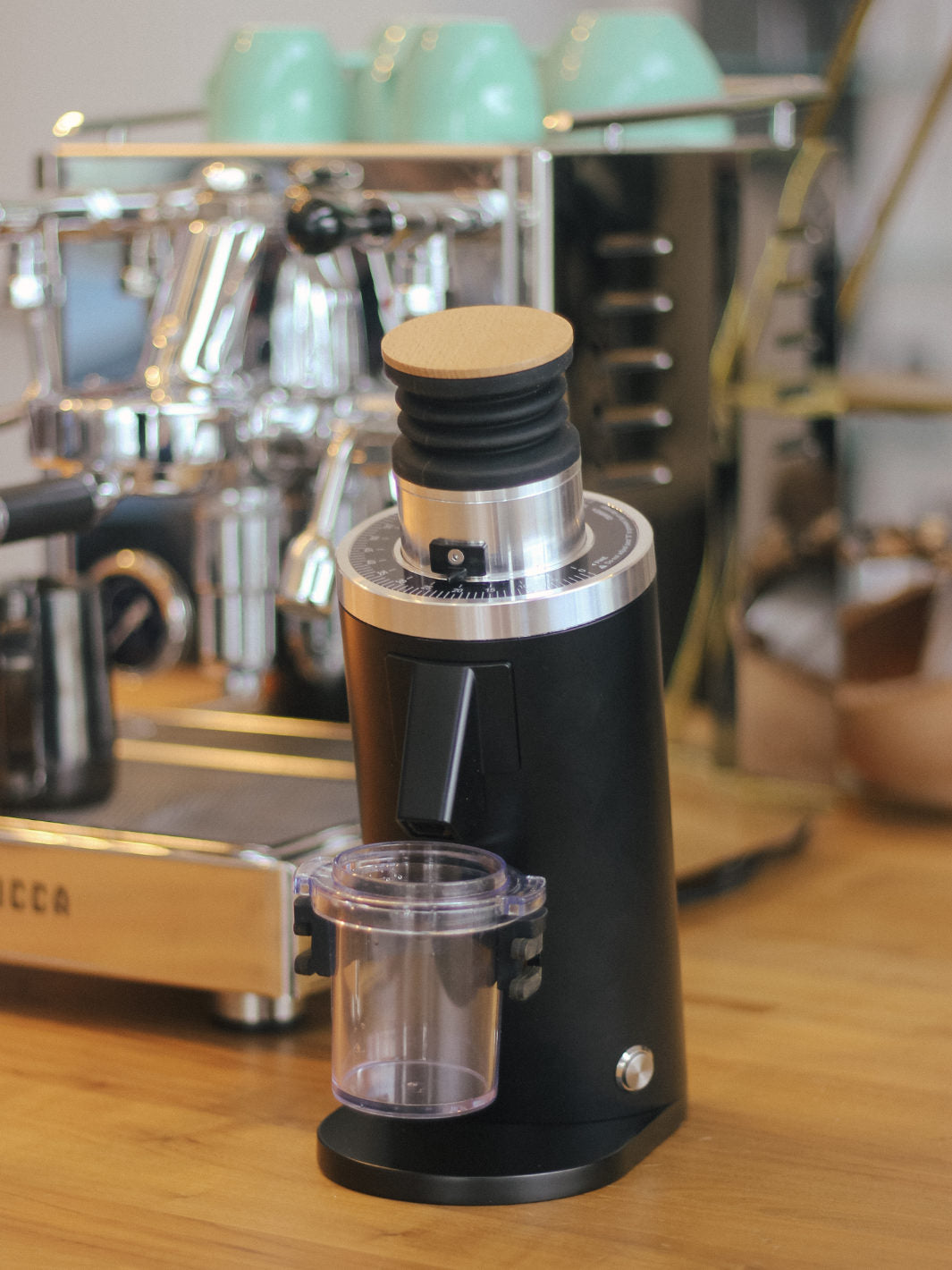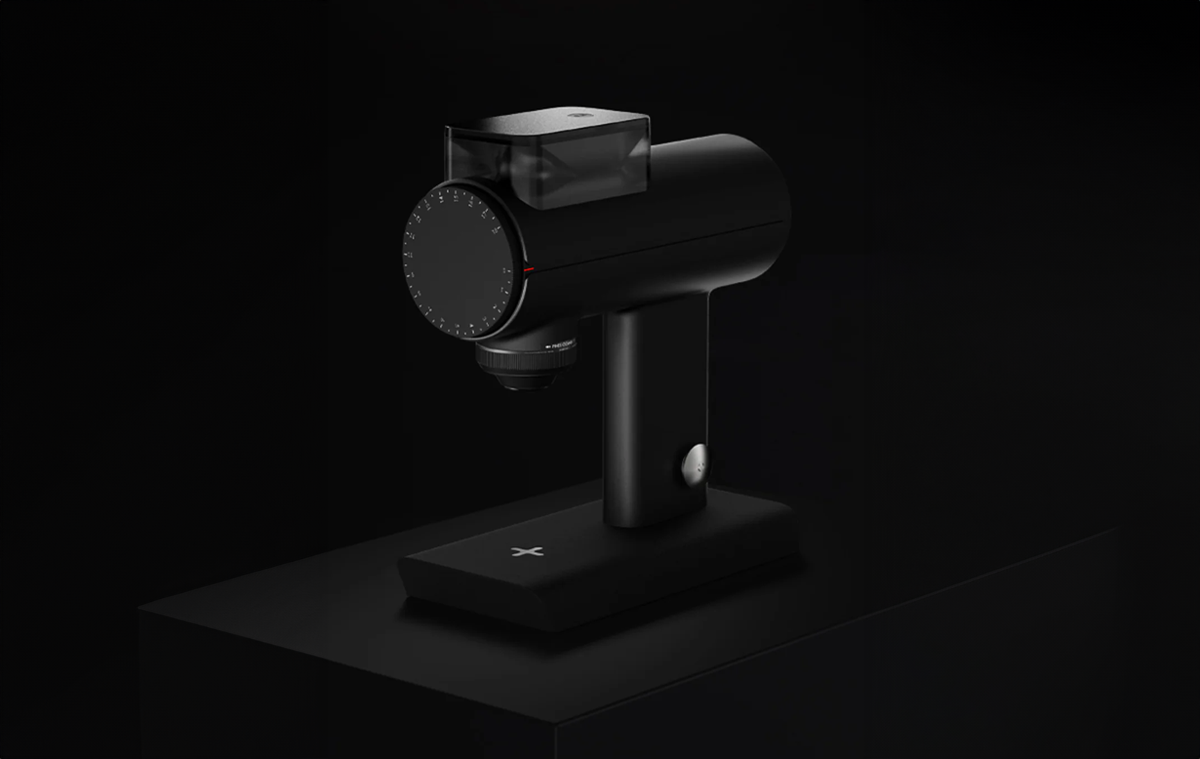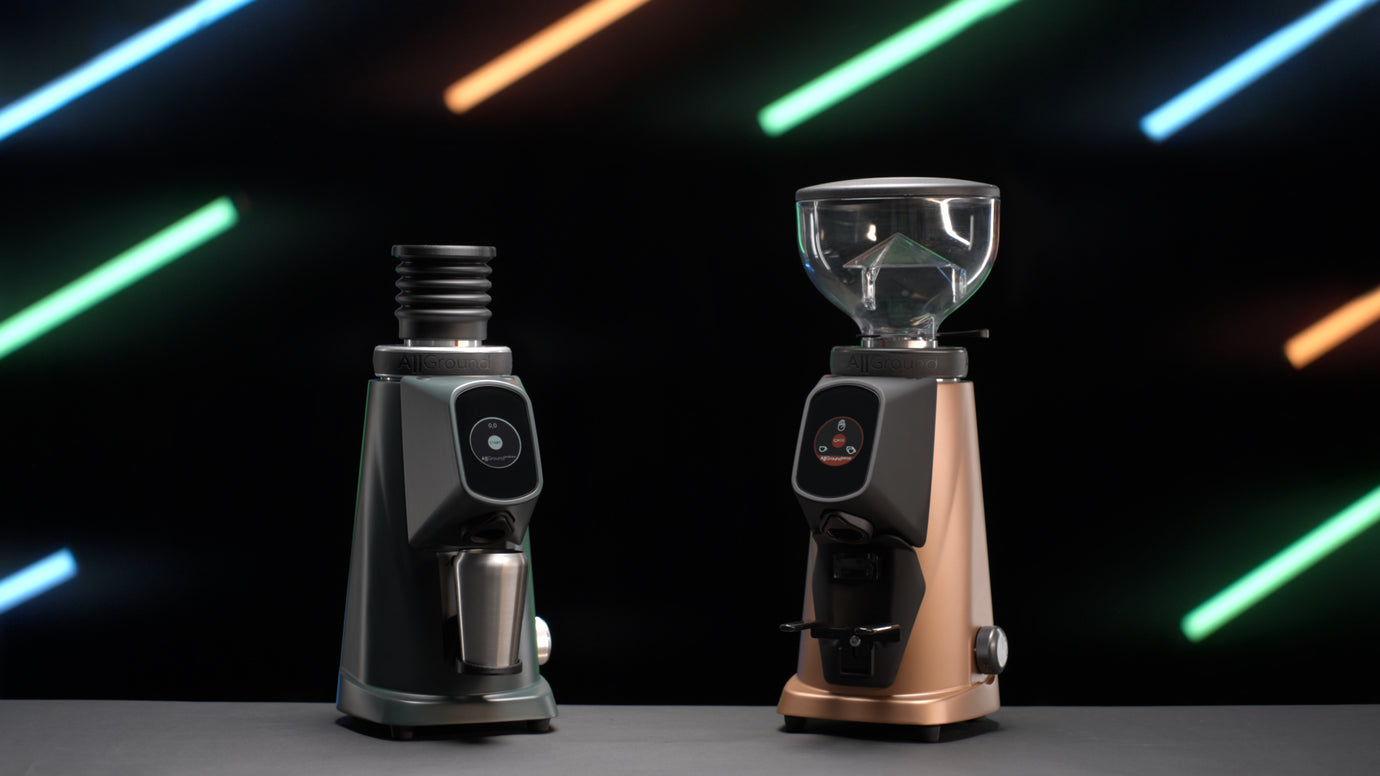Does the Freshness of your Coffee Matter?
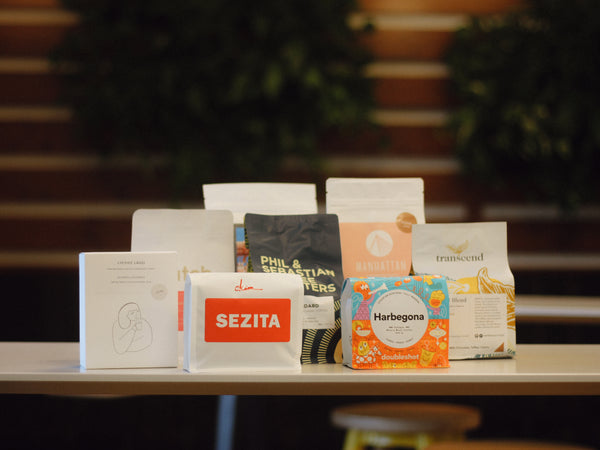
Coffee Freshness: Does it Matter?
In the world of coffee, we've long been accustomed to the idea that the key to a perfect cup lies in its freshness. However, while freshness undoubtedly matters, what if we reconsidered this belief? In this article, we'll examine the idea that "fresher" doesn't always guarantee "better." Our exploration will encompass the significance of coffee resting, storage, expiry dates, and various factors affecting coffee freshness and its impact on quality.
Exploring Coffee Freshness: The Science Behind It
The belief that fresher coffee guarantees superior taste and quality holds some truth, but it's only one piece of the puzzle. For those unfamiliar with the intricacies of the coffee "degassing process" and the idea of letting coffee "rest," let us provide a brief explanation.
When coffee beans undergo roasting, they undergo a transformation, including the release of CO2. Most of it escapes during roasting, but a significant portion remains locked within the beans. Interestingly, this CO2 doesn't directly affect the coffee's taste, but it plays a vital role in the brewing process. As coffee beans mature, the trapped CO2 gradually dissipates, resulting in a smoother brewing experience. It's worth noting that lighter roasts emit less CO2 than their darker counterparts, but the former's denser composition slows down the release of CO2.
To allow this trapped CO2 to escape fully, the specialty coffee community now widely agrees on the importance of resting coffee for a minimum of 7-14 days (depending on the coffee), and sometimes up to a month before brewing. This waiting period allows you to savour the coffee's full potential.
For years, the coffee industry insisted that coffee is best consumed immediately after roasting. This notion, partly shaped by marketing tactics, led to the belief that "freshness is king." However, this belief has significantly evolved within the specialty coffee community in recent years. Nowadays, many specialty coffee roasters advocate for waiting a few days or even weeks before indulging in freshly roasted coffee. This shift isn't merely about CO2 degassing; it's a collective effort to redefine our understanding of coffee "expiry."
Does Coffee Expire?
Coffee doesn't truly have a fixed expiration date. Instead, it gradually loses flavour over time, a process spanning several months. Various factors contribute to this process, including roasting style, bean quality, processing methods, and even bean density. However, there's a way to slow down this aging process, and roasters, as well as home brewers, have some control over it—storage. Properly stored coffee, sealed in bags or containers, can remain exceptional even after two months—yes, you read that correctly, months!
As coffee professionals, we've had ample opportunities to taste coffee at various aging stages throughout our careers. What has become evident is that when stored meticulously, most of these coffees have retained their excellent taste, even months after the roast date.
How to Properly Store Your Coffee:
There's no need to discard a bag of coffee just because the roast date seems distant. A perfectly sealed bag, designed to let CO2 escape (thanks to a one-way valve), can preserve flavours for an extended period. You can also view slightly "older" coffees as a fantastic opportunity to enjoy high-quality coffee at a reduced price. Some roasters offer weeks-old coffees at a discount, even though these coffees are still highly flavourful. It's a chance for coffee enthusiasts to explore more expensive varieties while enjoying a delightful coffee experience, something we actually offer on our coffee sale page at Eight Ounce. Here’s some recommendations on how to store your coffee:
-
Sealed Bags or Airtight Containers: Store your coffee in resealable bags or transfer it to an airtight container to shield it from oxygen exposure and slow oxidation. Prioritize roasters who use sealed bags with one-way valves to allow CO2 to escape while preventing oxygen from entering. Some roasters go the extra mile by flushing their bags with nitrogen when sealing them, further preserving freshness and extending the coffee's shelf life. Vacuum canisters can also be a valuable option to remove air and prevent oxidation.
-
Cool and Dry: Protect your coffee from heat and moisture, two formidable adversaries that accelerate deterioration.
-
Dark and Odour-Free: Coffee readily absorbs strong odours, which can taint its flavour. Keep your coffee in a cool, dark place, isolated from odours.
-
Freezing Alternatives: When the need arises to preserve coffee for an extended period, consider freezing it in vacuum-sealed bags—a tried-and-true method for maintaining freshness.
The Essentials When Choosing a Bag of Coffee:
While a fresh roast date can be important, it's not the single factor to consider. A recent roast date doesn't guarantee quality. Pay attention to the packaging and the information provided on the bag, such as variety, origin, altitude, roast level, and more. Transparency in these details often indicates that more care, time, and dedication have gone into the coffee's journey from seed to cup. It can help you determine if the coffee aligns with your taste preferences.
Conclusion:
The key takeaway here is to embrace the complexities of coffee, recognizing that time plays a crucial role in unveiling its full potential. Don't hastily dismiss a coffee that's been roasted weeks or even a month ago, as it might just be reaching its peak flavour profile. Instead, pay attention to the other factors mentioned above, stay open-minded, and continue tasting and experimenting!
